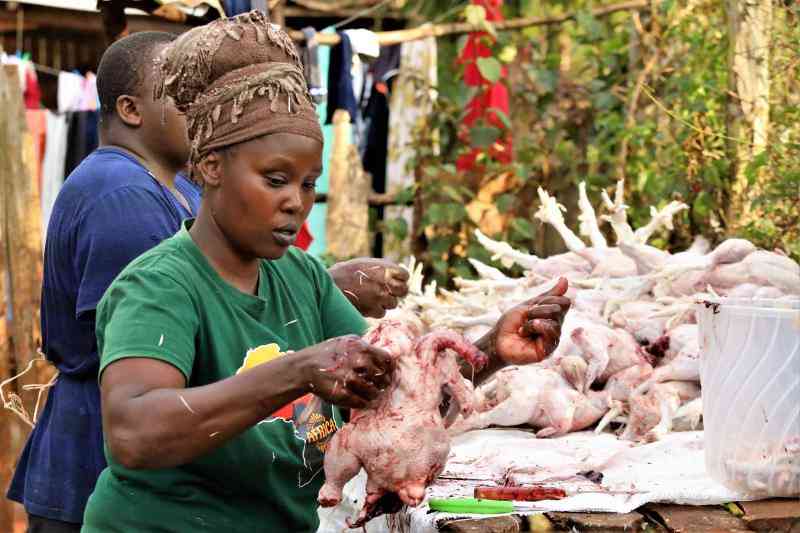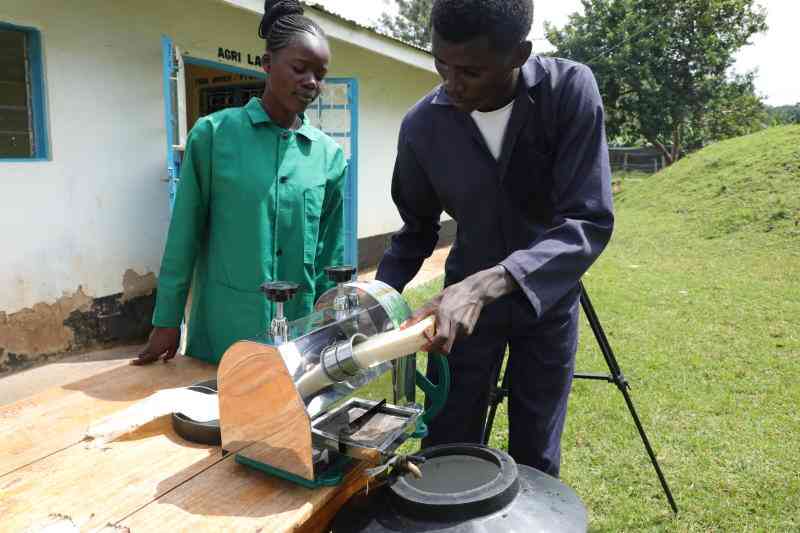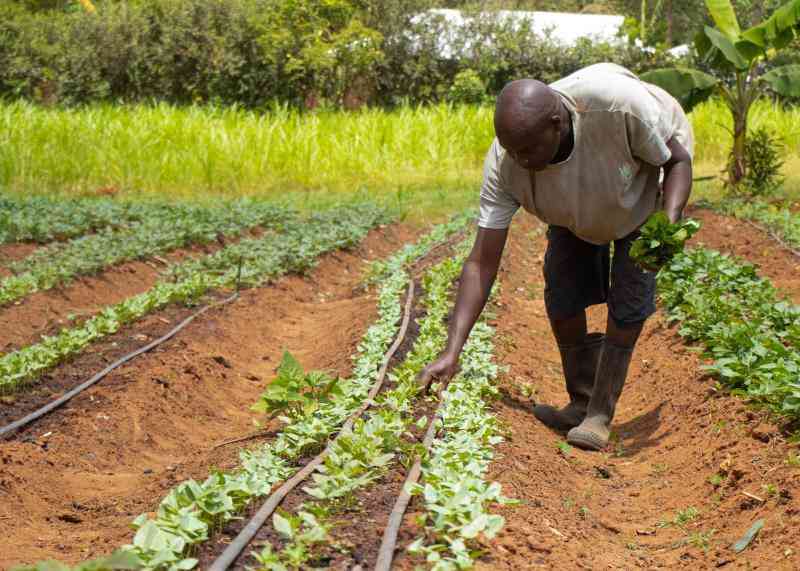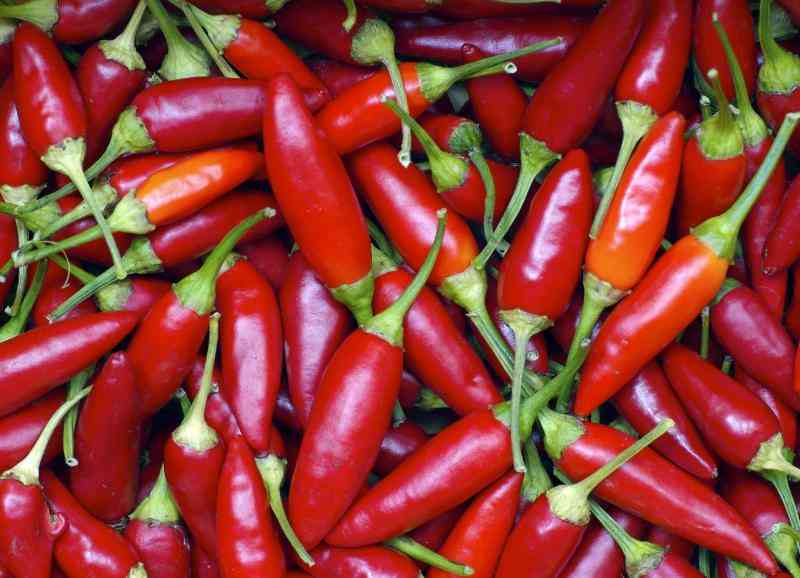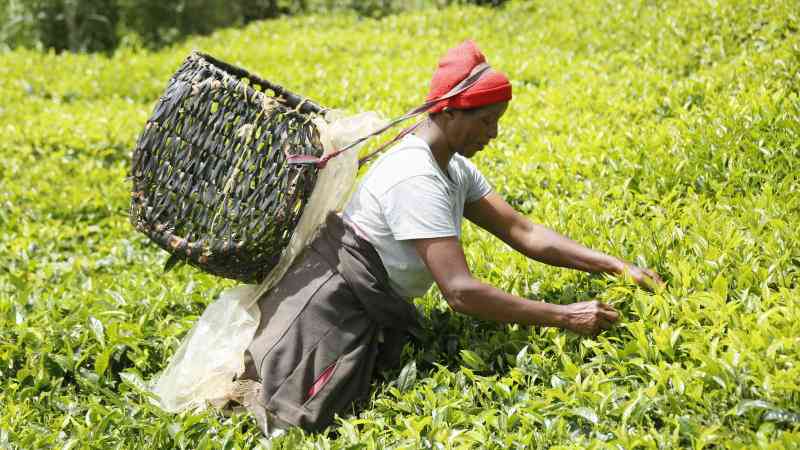Thinking of ranching business? Go for Boran
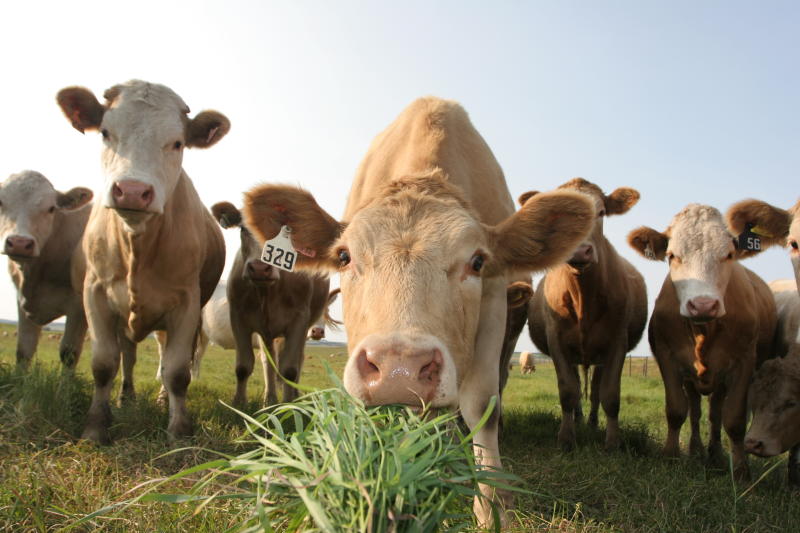
Dear Daktari
I have 50 acres of land in Isinya and I wish to start serious meat production targeting the city. Initially, I only wanted to keep Zebus since they are hardy and can easily fit into that ecosystem, but I changed my mind. I have been doing research and discovered breeds like Friesian crosses, Sahiwal or Boran or a mix of them all have good potential. I have already fenced the farm so that pasture can grow, I have also divided it into paddocks as I plan to do rotational grazing. Now I need you to help me select a good breed for the success of my ranching business
Abdalah, Kajiado
Dear Abdalah,
Thank you for reaching out to us. First, you are on the right track with your project. I have been to Isinya many times in my practice and for family outings and I can confidently say it is ideal for ranching and you can easily get large acreages of land to buy or rent. Lucky for you, you already have 50 acres, fenced and with growing pastures. Your question is valid because selection of a good breed is critical because it determines success or failure of the project.
I am sure you have seen butcheries selling beef or mutton from certain ranches? That is a selling strategy they have developed and have their well-established network of clientele that pays good money for the product. I want to challenge you to go this way as you create your brand.
If you choose to go that way, you have no room to mix breeds. It is worth noting that Isinya is a relatively hot area and ticks are abundant thanks to many Masaai herds that roam freely in the area in search of pastures. There is minimal public tick control strategies and this poses a problem for ranchers. Because of that reality, this leaves you with limited options you can choose - Zebu or Boran. If you are a native Kenyan you are well versed with the Zebu so I will dwell on the Boran.
Qualities of boran
Boran has its origins in Southern Ethiopia among the Boran people where it was bred and has since been improved over the years in different parts of the world. It is a versatile breed that has won the hearts of many a farmer and evidence is the Kenyan Boran Breeders Society. I am not sure if it is active but I can confirm that Boran breed is alive and kicking in many parts of the country.
The problem of tsetse infestation and nagana prevalence in most parts of Kenya especially those that can support ranching has renewed the love for this breed among ranchers. Studies show that Boran is relatively resistant to nagana because it has a thick skin that makes it not palatable to ticks and hence protecting it against a myriad tick-borne diseases.
Boran is also resistant to eye infections – a common problem in ranches due to presence of flies that transmit such diseases and the nature of pastures which when they dry remain as sharp sticks that pierce the eye. Boran cows are good mothers and do not have calving problem much as they give birth to relatively big calves. In a ranch setting this comes in handy when calving happens out there in the remote ranches. The mothers are very defensive of their calves and will be on the lookout for any predators. Herd instincts make Borans to graze together and this makes the work of the farm hands’ easier.
Boran produce good quality meat; a bull will weigh up to 900 kgs while a cow can weigh as much as 500kg. They can persevere poor feeds and are efficient feed converters. They tolerate heat very well and live without any stress in hot environments. Unlike Zebu they mature pretty fast; a female will attain maturity at 13 months so in under two years she will have given you a calf. So, go for Boran. You can source for stock at the KALRO Naivasha and individual ranches.
The writer was the vet of the year in 2016 and works with the Kenya Tsetse and Trypanosomiasis Eradication Council. [email protected]
Want to get latest farming tips and videos?
Join Us
Share this article on social
 The Standard Group Plc is a multi-media organization
with investments in media platforms spanning newspaper print operations,
television, radio broadcasting, digital and online services. The Standard Group
is recognized as a leading multi-media house in Kenya with a key influence in
matters of national and international interest.
The Standard Group Plc is a multi-media organization
with investments in media platforms spanning newspaper print operations,
television, radio broadcasting, digital and online services. The Standard Group
is recognized as a leading multi-media house in Kenya with a key influence in
matters of national and international interest.
 The Standard Group Plc is a multi-media organization
with investments in media platforms spanning newspaper print operations,
television, radio broadcasting, digital and online services. The Standard Group
is recognized as a leading multi-media house in Kenya with a key influence in
matters of national and international interest.
The Standard Group Plc is a multi-media organization
with investments in media platforms spanning newspaper print operations,
television, radio broadcasting, digital and online services. The Standard Group
is recognized as a leading multi-media house in Kenya with a key influence in
matters of national and international interest.


